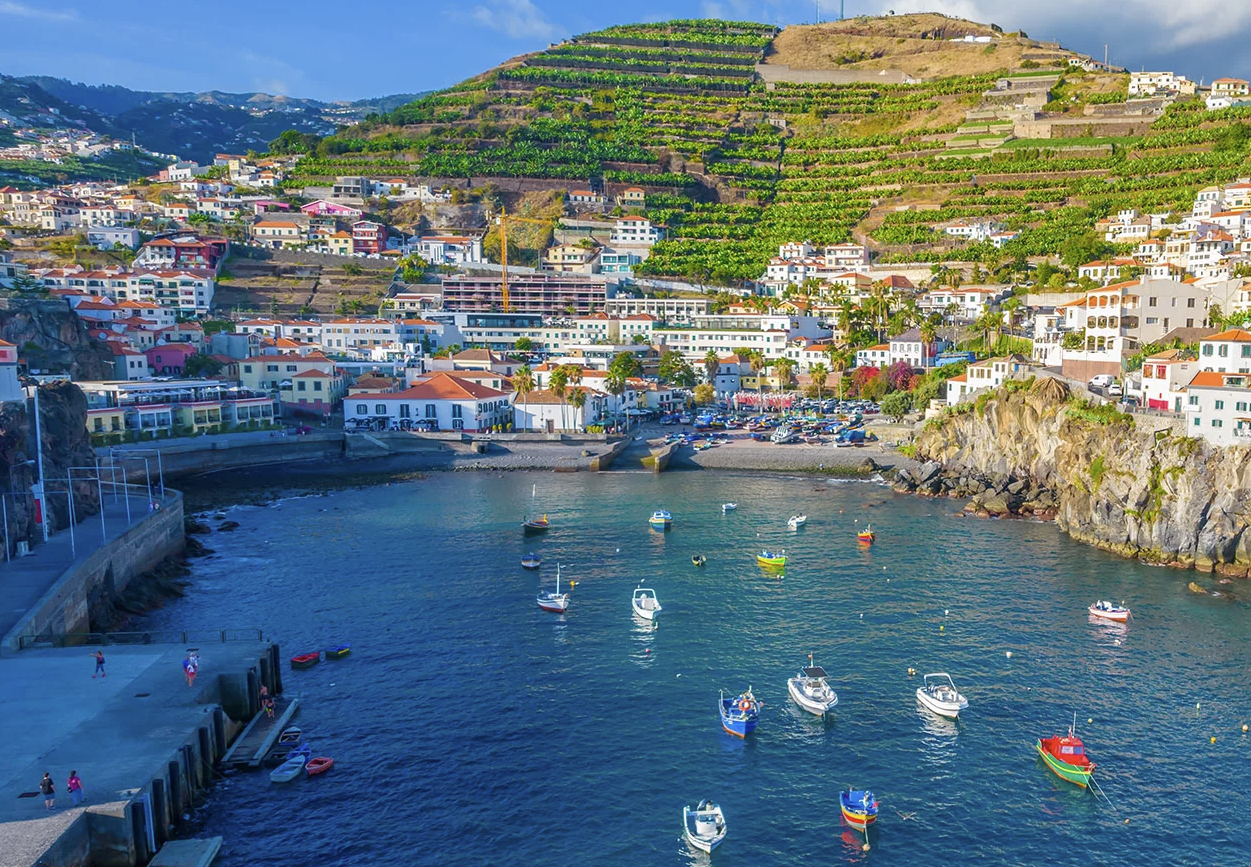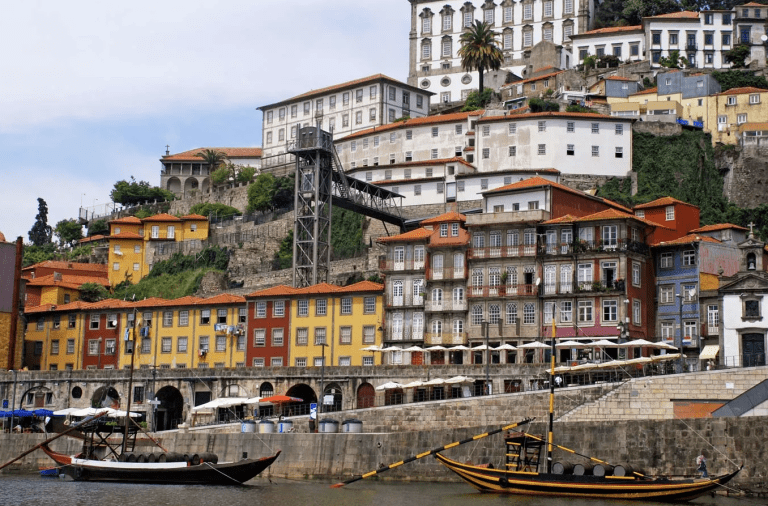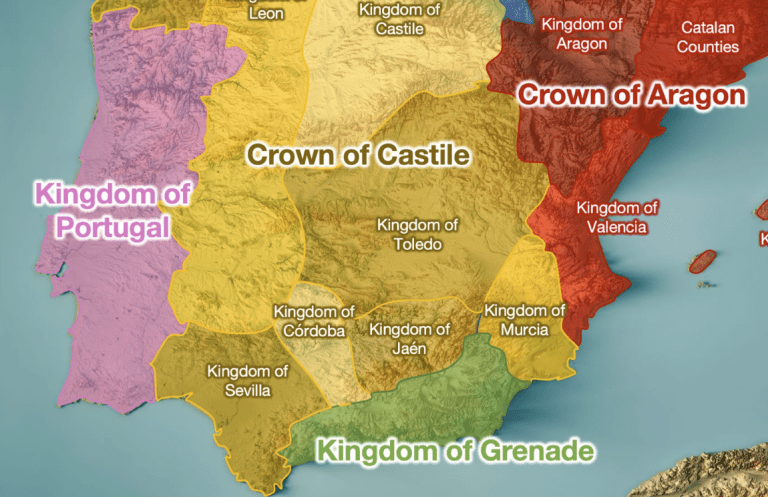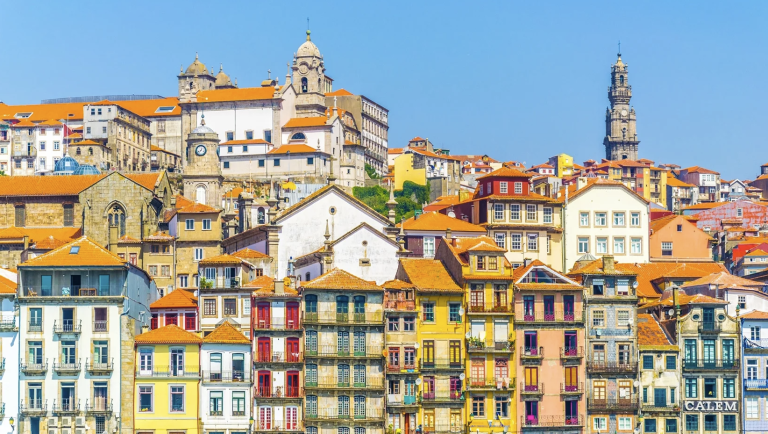This guide will provide an in-depth look at retiring in Portugal, from visa requirements to the benefits of life as a retiree. This beautiful country on the Portuguese Riviera is becoming an increasingly popular destination for expats looking to enjoy their retirement years.
From understanding visa options such as the D7 and Golden Visa schemes, exploring life as a retiree from America or Australia, to taking advantage of free public transport for seniors over 65 – we’ll cover it all.
We’ll delve into Portugal’s high-quality healthcare services including universal health coverage and private hospitals equipped with modern technology. You’ll also learn about Portugal’s pension system and taxation rules that can affect your retirement savings.
To round off our guide on how to retire in Portugal, we’ll share some success stories of individuals who have made the move. So sit back, relax and let us navigate your journey towards retiring in one of Europe’s most affordable countries.
The Appeal of Retiring in Portugal
More and more expats are choosing Portugal as their retirement destination. Why? Well, it’s got affordable living, top-notch healthcare, and a government that rolls out the welcome mat. Whether you’re a city slicker or a beach bum, Portugal has something for everyone.
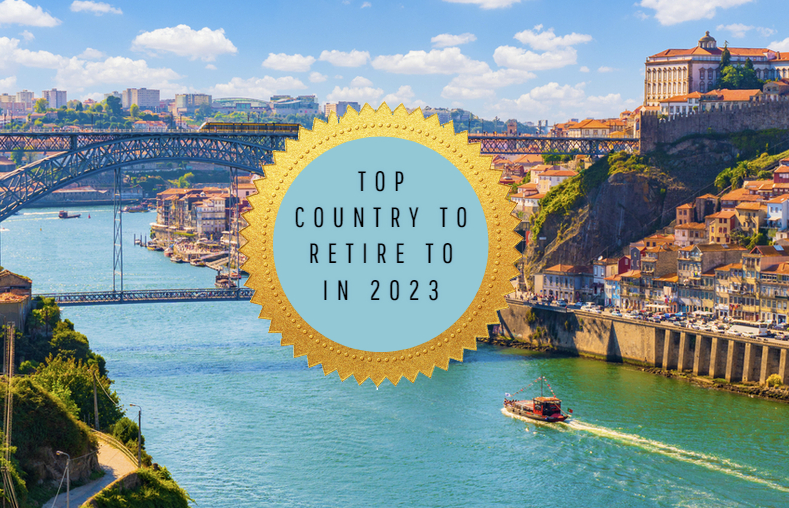
Affordable Cost of Living
Living in Portugal won’t break the bank. Your money goes further here than in other Western European countries. According to Numbeo’s cost comparison tool, you can save up to 30% on living expenses. That means more money for pastel de nata.
High-Quality Healthcare Services
Portugal takes healthcare seriously. The WHO has placed Portugal’s healthcare system in the top 12 globally. That’s better than some Scandinavian countries. Plus, both public and private hospitals have top-notch facilities and English-speaking staff. So, you’ll be taken care of regardless of not speaking Portuguese.
Welcoming Government Policies
The Portuguese government wants you to retire in style. They’ve got all sorts of schemes and visas to make it happen. Just check out the D7 Visa or the Golden Visa programs. They’re rolling out the red carpet for retirees. So, pack your bags and get ready for sunny skies and friendly locals.
From the cosmopolitan hubs of Lisbon and Porto to the peaceful beaches of Algarve, Portugal offers something for everyone. Stunning landscapes, breathtaking views, and the Atlantic Ocean at your doorstep. Don’t wait any longer, start planning your dream retirement today.
Visa Options for Retirement in Portugal
For non-EU citizens wanting to retire in Portugal, a residence permit is required and can be obtained through either the D7 Visa or Golden Visa scheme. Two primary options are available: the D7 Visa or Golden Visa scheme. These retirement visas not only grant permanent residency but also offer a path to Portuguese citizenship.
Understanding the D7 Visa Scheme
The D7 visa, also known as the Passive Income Visa, is for individuals who can prove they have enough funds to support themselves without a job. This could be through pensions, rental income, dividends, or other passive income sources.
- You must prove that you receive regular income higher than Portugal’s minimum wage (currently a‚¬635 per month).
- You’ll start off with a provisional residence permit good for 1 year, which can be extended every two years.
- After five years of legal residency under this scheme, you can apply for permanent residency or even Portuguese citizenship.
Benefits and Requirements of the Golden Visa Scheme
The Golden Visa program, officially known as the Residence Permit for Investment Activity (ARI), offers a route to full-time resident status by making investments in Portugal’s economy. Here’s what it entails:
- An investment requirement starting from a‚¬280k, depending on the type and location of the investment made within Portuguese territory, such as purchasing real estate property or capital transfer with job creation.
- A minimum stay requirement – just seven days during the first year and fourteen days over subsequent two-year periods, ensuring flexibility to maintain ties back home while enjoying life in Portugal.
Besides these benefits, holders enjoy the freedom to travel throughout the Schengen Area without additional visa requirements, enhancing their European exploration opportunities. If you’ve been dreaming of spending your twilight years surrounded by breathtaking scenery, fascinating history and culture, as well as contemporary amenities, then Portugal is the place to be. Remember, though, each of these schemes has its own specific criteria and eligibility, so ensure thorough research and professional advice before proceeding with the application process to avoid disappointments later on. Good luck on your journey towards a new and exciting chapter in life.
If you’re a non-EU citizen looking to retire in Portugal, there are two visa options available: the D7 Visa for those with passive income and the Golden Visa for those willing to make investments. The D7 Visa requires proof of regular income higher than Portugal’s minimum wage, while the Golden Visa involves making investments starting from €280k and has a minimum stay requirement.
Exploring Life as an American or Australian Retiree in Portugal
If you’re thinking of retiring abroad, test the waters first. Portugal lets you visit for 90 days out of every six months. Smart move.
Initial Visit Opportunities Before Commitment
During this trial period, you can explore different regions, mingle with locals, soak up the culture, and decide if Portugal is your dream retirement spot. Lisbon, Algarve, or Douro Valley – take your pick.
Utilizing Golden and D7 Visas Programs
If Portugal steals your heart, apply for a D7 Visa or Golden Visa. The D7 visa is perfect for those with regular income from pensions or investments. The Golden Visa offers residency through real estate investment. Cha-ching.
The application process can be complex, but fear not. English-speaking legal firms specializing in immigration law can guide you through each step. They’ll make your transition into Portuguese lifestyle smooth as silk. Plus, both visas can lead to Portuguese citizenship. Fancy.
But wait, there’s more. Settling into your new home means understanding local customs, learning the language, and navigating the healthcare system. Luckily, expat communities like Internations.org exist to connect you with others in the same boat. They’ll share experiences and advice, making integration a breeze.
In essence, moving across the globe may seem daunting, but thanks to the welcoming nature of the Portuguese people and government policies aimed at attracting foreign retirees, your journey might be simpler and more enjoyable than you imagine. So pack your bags and let the adventure begin.
Health Care Facilities & Provisions In Portugal
Good news – Portugal’s got you covered.
Universal Health Coverage Overview
In Portugal, everyone gets access to medical services through the National Health Service (SNS). It’s like a healthcare buffet, with low costs and coverage for everything from general check-ups to dental care. And the best part? It’s funded by taxes, so it’s available to all, no matter what’s in your wallet.
Accessing Private Hospitals Equipped With Modern Technology
Private hospitals in Portugal are top-notch. They’ve got all the fancy gadgets and shorter waiting times. Plus, most doctors and nurses speak English, so you won’t have to play charades to explain your symptoms.
But here’s the catch – you’ll need insurance to cover the bill. These private places can be pricey. Luckily, there are international health insurance companies in Portugal that cater to expats. You can rest assured that you’ll have the support needed to recover.
And hey, if you’re into alternative medicine, Portugal’s got that too. From acupuncture to homeopathy, they’re open to all kinds of healing practices. It’s like a wellness wonderland.
Free Public Transport For Seniors Over 65 Years Old
Portugal: where retirement comes with free rides and endless adventures.
Explore the historic streets of Porto and Lisbon without spending a dime on transportation.
From buses to trams to ferries, hop on and off like a boss – no charge for seniors above 65.
And it’s not just about city life. Head to the stunning Algarve region, where cliffs meet beaches and fishing villages ooze charm.
Retirement in Portugal means living the good life, with free rides and endless possibilities.
Pension System in Portugal
The Portuguese pension system is a well-structured, three-pillar model that provides financial stability for retirees. Whether you’re an EU citizen or from outside the bloc, understanding how this system works can help ensure your golden years are comfortable and worry-free.
State Pensions Overview
The first pillar of the Portuguese pension system is state pensions. These are financed through social security contributions made by employees and employers throughout their working lives. The amount received depends on factors like contribution period and average lifetime earnings.
Voluntary Occupational Pensions Insight
The second pillar consists of voluntary occupational pensions. These are supplementary schemes provided by employers to enhance retirement benefits beyond what’s offered by state pensions. Not mandatory, but they can boost your income during retirement.
Transfer of Pension Contributions by EU Citizens
If you’re an EU citizen planning to retire in Portugal, good news. You can seamlessly transfer your home country’s pension contributions into the Portuguese system under certain conditions, thanks to reciprocal agreements between member states. No money left behind.
In addition to these pillars, private savings or investments form another significant part of many people’s retirement plans – though these aren’t officially recognized as part of the formal structure.
Moving abroad for retirement requires careful financial planning, but Portugal’s comprehensive pension scheme and affordable cost of living offer promising prospects for those seeking sunnier shores after hanging up their work boots.
Taxation Rules And Exemptions On Moving To Portugal
Get ready for some tax perks. Grasping the tax regulations of your fresh dwelling can have a noteworthy influence on both your financial circumstances and way of life.
Non-Habitual Resident (NHR) Tax Regime
Portugal’s NHR tax regime is a retiree’s dream. It offers reduced or deferred taxation on certain foreign income and can save you from double taxation headaches.
Favorable Property Tax Laws
Good news for property owners. In Portugal, there’s no inheritance or gift tax on passing down properties. Plan for the future without worrying about hefty taxes.
Pension Income & Double Taxation Agreements
Relocating from a country with a double taxation agreement? You’re in luck. Portugal has agreements with countries like the US, Canada, and Australia, ensuring you don’t pay taxes twice on your pension.
Remember, everyone’s situation is unique, so consult a local professional before making any major financial or relocation decisions. Stay smart, stay tax-savvy.
Success Stories of Individuals Who Retired in Portugal
Portugal, with its warm hospitality and rich culture, has become a popular retirement destination. Let’s explore some inspiring stories of individuals who chose to retire in this beautiful country.
Natalie Wester:
Natalie turned her dream into reality by retiring in Atalaia-Lourinha, Portugal. Despite not knowing European Portuguese initially, she dedicated herself to learning the language fluently. Today, Natalie is the founder of Black Proctor, an organization that helps aspiring retirees relocate to Portugal.
Jane Doe:
Jane fell in love with Portugal’s picturesque landscapes during her travels and decided to retire in the Algarve region. Now enjoying her golden years amidst stunning coastal views and sunny weather, Jane shares her experiences as an Australian retiree living abroad on her personal blog.
These success stories highlight that retiring abroad isn’t just about financial planning or logistics – it’s also about embracing new cultures, learning languages, and integrating into communities. It requires courage but offers immense rewards, like experiencing different ways of life while creating lasting memories. If these tales inspire you, consider exploring the possibilities of retiring in Portugal, where cultural richness and material well-being await, regardless of your origin.
FAQs in Relation to How to Retire in Portugal
How much money would I need to retire in Portugal?
The cost can vary, but on average, a couple could live comfortably on $2,500 per month. Get more details at International Living.
Why do Americans want to retire in Portugal?
Americans choose Portugal for its affordable living costs, top-notch healthcare system, and friendly culture. Find out more from this Forbes article.
What are the rules for Americans retiring in Portugal?
Americans must apply for a residence visa before moving, which includes proving income sufficiency and having health insurance. Check out the detailed guidelines at the U.S Embassy & Consulate in Portugal’s website.
Can you retire in Portugal on social security?
Yes, U.S Social Security benefits can be received while living abroad, including in Portugal, as confirmed by the Social Security Administration.
Conclusion
With visa options like the D7 Visa Scheme and Golden Visa Scheme, you can easily make Portugal your new home.
Not only does Portugal have a welcoming government, but it also offers top-notch healthcare services.
And let’s not forget about the affordable cost of living – your retirement savings will go a long way here!
Plus, Portugal’s pension system provides financial security, so you can relax and enjoy your golden years.
Oh, and did I mention the tax exemptions? Yep, retiring in Portugal just keeps getting better!
So why wait? Start your new chapter of adventure and relaxation in Portugal today!

